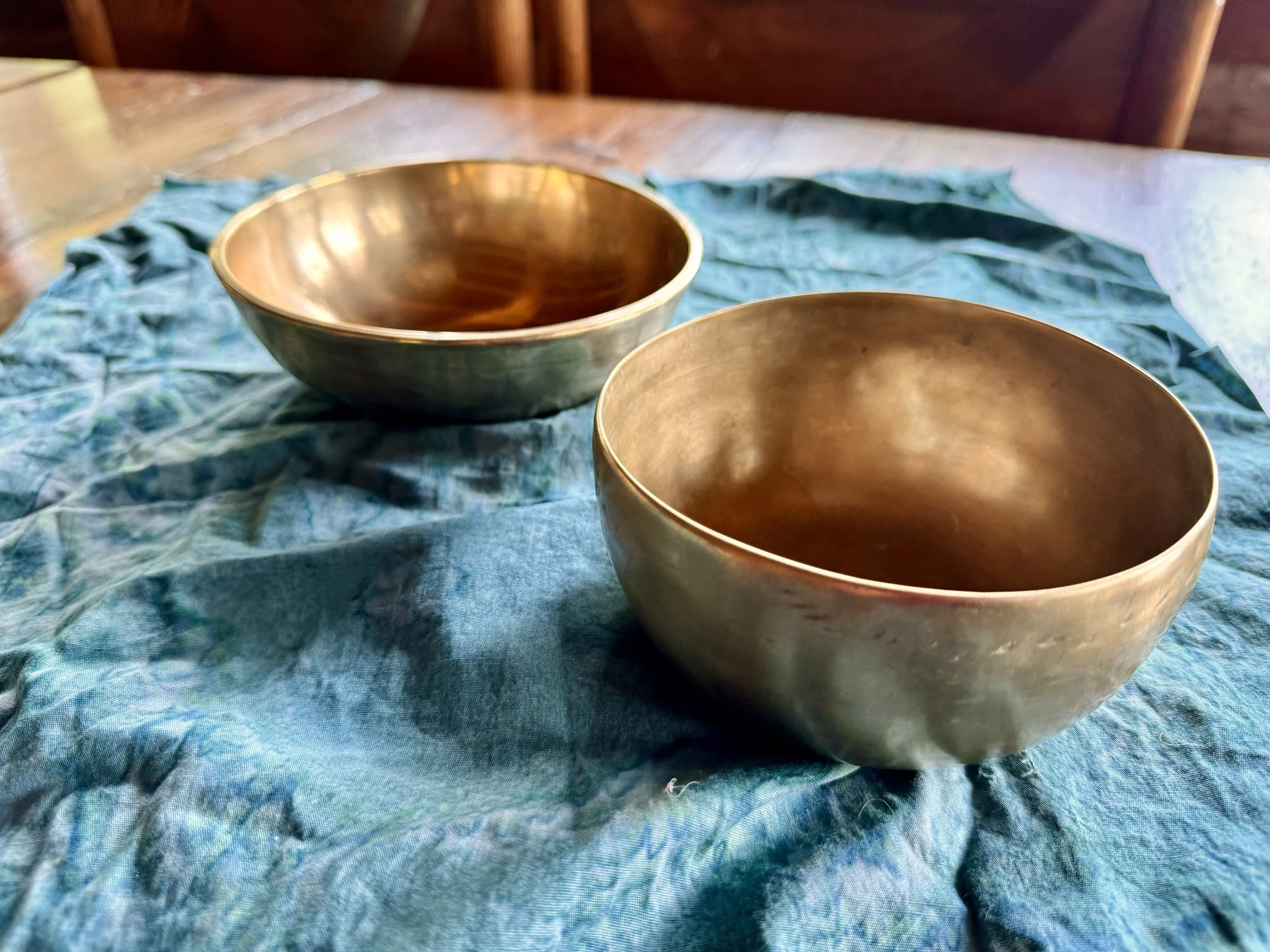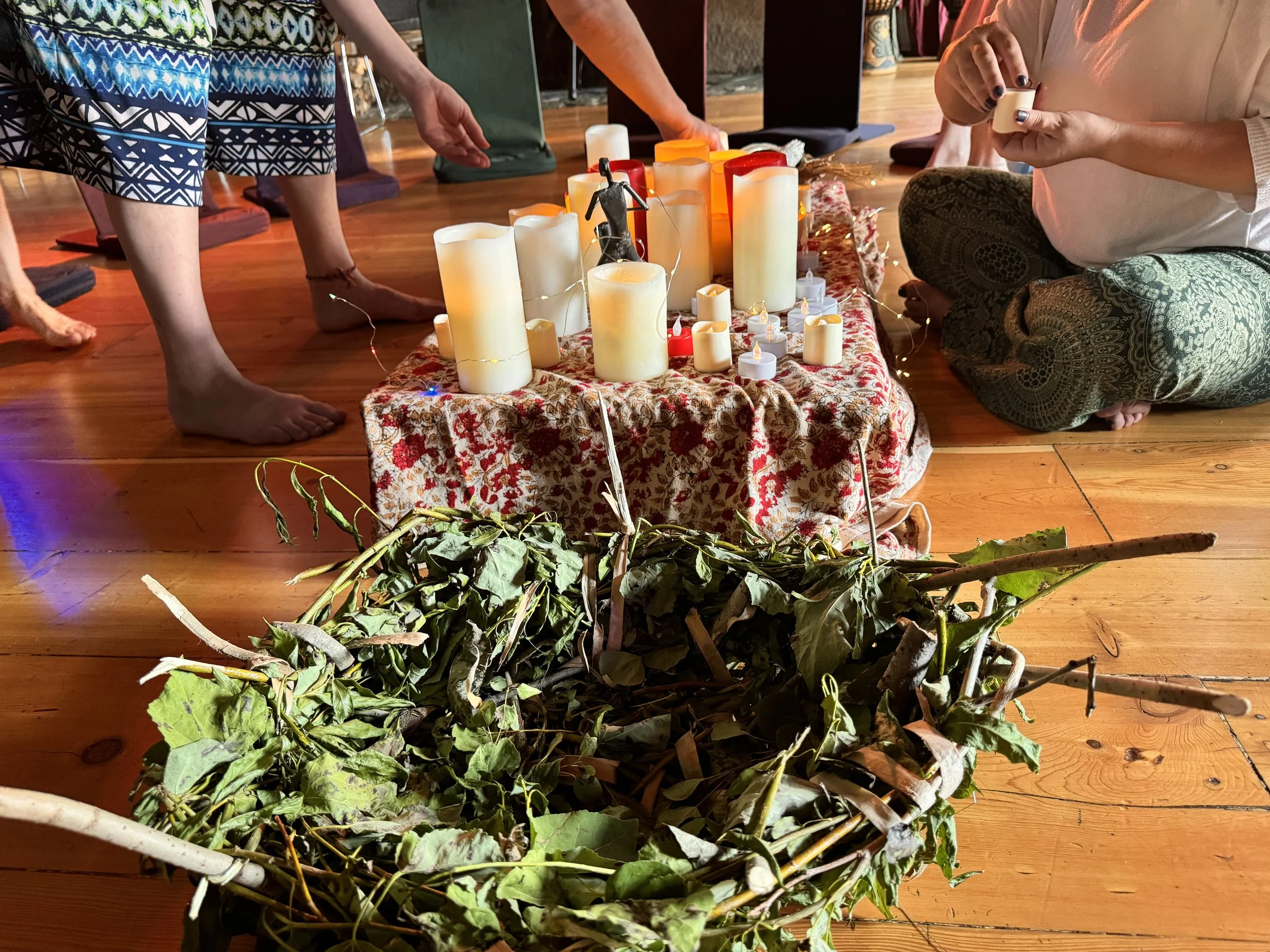Somatic movement begins with the act of sensing. It asks us to feel before deciding, to notice before acting. The form is no longer the goal; it’s simply the trail left by the trip there.
Bones, Breath, and Beginning Again
In movement there is poetry. There is impulse and order and disorder. And within it, a deep remembering: that we are not held together by sheer effort alone. That balance, ease, and rhythm are not ideals, but birthrights. The bones know. The breath knows. And when we trust that, even in chaos—we move with more grace. We rest into a structure that doesn’t collapse. We are held.
Walking the Talk: Lessons in the Body's Quiet Language
Embodiment
If we’re lucky enough to have a safe and nurturing environment as a kid like I did (thanks mom and dad, you were phenomenal), we get this honeymoon period in our tender years when self-trust comes naturally. Then as teachers and other lifestyle-influencers, however well meaning, get their hands on us and begin to mold us and erect guard rails around us? Or begin pigeon-holing our natural curiosity into the metaphysical realm into a rigid religious structure? Self-trust erodes. Over time, we look more and more outside ourselves – and certainly outside our own bodies – for approval, for validation that we’re worthy of love, or for exterior evidence that we have a place that matters in this world.
Watermelon Parties and Brake Pumping
Graduate from Imitation to Set Your Yoga Free - Shut Up & Yoga Article
Erich Schiffmann’s discoveries about self-practice have influenced and empowered thousands of yogis teaching and practicing today, culminating in a style he calls Freedom Yoga. This unpretentious teacher has left an enduring mark on a generation of yogis and teachers inspired by his take on making the shift from doing someone else’s yoga to doing your own.














